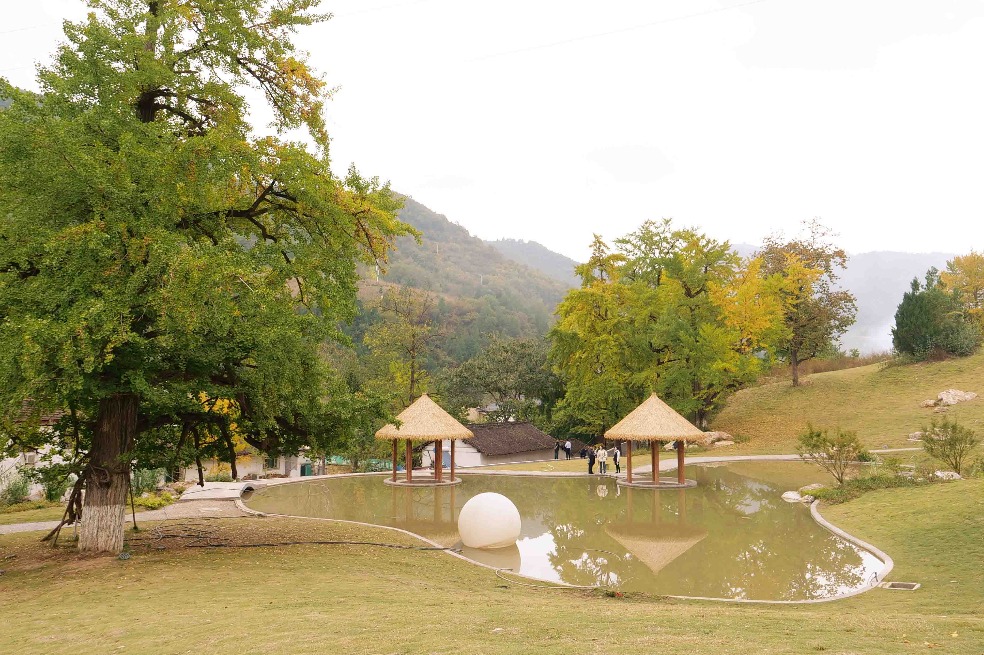Unit trains BRI medics in snakebite treatments


A hospital in southern China has teamed up with healthcare providers in countries involved in the Belt and Road Initiative to train doctors how to treat snakebites using traditional Chinese medicine.
An estimated 1.2 million people a year are bitten by snakes worldwide, leading to about 100,000 deaths.
"Nearly 10,000 snake strikes are reported on average every year in countries in the Association of Southeast Asian Nations, with over 80 percent involving poisonous species," said Liang Ping, vice-president of the Wuzhou Hospital of TCM.
Early this year, Liang's hospital in Wuzhou, Guangxi Zhuang autonomous region, started offering free training on snakebite and anti-venom treatments to medics based along the Belt and Road.
Sieng Buthan, a 33-year-old doctor from Cambodia, was the first to sign up. "Many areas of Southeast Asia have no professional doctors who know about snakebite treatments and medicines, and serums are usually in short supply, which puts lives at risk," he said.
The course covers basic knowledge in TCM, distinguishing poisonous snakes, and therapies using traditional remedies.
"It's totally different from what we've mastered in Cambodia. It's amazing," Buthan said. "We're here to treat patients with a comprehensive therapy combining Western medicines and TCM, which can better help save patients' lives."
Wuzhou Hospital of TCM plans to hold two programs a year, running from May to August and September and November, and expects to train eight doctors over the next three years. Support has come from the Ministry of Foreign Affairs.
Luo Shidong, the hospital's president, also announced that a 30 million yuan ($4.31 million) training and research center for snakebite studies will be built this year to offer higher-quality services to patients and help train doctors.
The hospital's snakebite unit was established in 1980 by venom expert Yu Peinan. Today, it is recognized as China's only medical institute that has successfully treated the 10 most common venomous snakebites, including cobra and viper, according to Liang.
"Research on snakebites used to be carried out by military hospitals and was not really available to average people, especially those in impoverished rural areas," he said.
The unit has received over 10,000 patients, 99.2 percent of whom were fully cured.
Liang said the unit has expanded its coverage to the neighboring provinces of Guangdong and Hunan over the past 38 years, and even to foreign countries, such as Cambodia.
- Legal representative of firms reportedly involved in surrogacy arrested
- Western China sees rapid growth in patents as IP protections expand
- Ancient ginkgo trees draw tourists to Gansu
- China calls on EU to hold sincere, flexible dialogue on tariffs
- Thai journalists explore China's cutting-edge vocational education
- Typhoon Kong-rey to bring heavy rainfall, strong winds to Shanghai





































